Most tourists that have the privilege of visiting Cuba do not stray far
from the all inclusive resorts of Varadero which offer amazing weather,
transparent seas and miles of white sandy beaches. Many hotels were
built in the 1960’s and 1970’s with another building boom in the 1990’s.
The accommodations are almost 100% "all inclusive". This in itself has
limited the number of small hotels, restaurants and shops as visitors tend to
stay put on resorts.
Venturing in to downtown
Varadero is definitely worthwhile. Parque Josone is a lush and peaceful park where
you can enjoy nature. There is a small selection of restaurants that offer food that is
superior to the resort food.
Calle 62 is an outdoor venue with live music and opportunity to dance
to Cuban rhythms. You can also purchase local arts and crafts from the markets and galleries. There is some interesting architecture although much of
it is in a state of disrepair. Men playing dominoes on the sidewalks, loads of laundry hung up high, taxi drivers chatting while waiting by
their vintage 1950’s cars, horse drawn carriages and lots of hustle and bustle in the streets adds to the charm of downtown Varadero.
A day trip to Havana never disappoints so we went back to explore this
jewel.
Havana was founded in 1519 by the Spanish. Today it is a sprawling
metropolis of 3 million inhabitants, while its old center retains an interesting
mix of Baroque and neoclassical monuments and a homogeneous ensemble of
private houses with arcades, balconies, wrought-iron gates and internal
courtyards. Old Havana is truly a living architectural museum. The economic
environment once prospered from sugar and tobacco exports. In the
1940's and 50's tourism and gambling ruled. In 1959, following the revolution,
Cuba had the support of the Soviet Union, but since 1991 the country's infrastructure has gone
into a state of disrepair.
In 1962, UNESCO designated 444 buildings in Havana as World heritage
sites. Due to limited free enterprise and growth in the economy, older
buildings have not been demolished to make room for the new and therefore
many remain in their original state. Old Havana is filled with beautiful buildings
with detailed facades including wrought-iron balconies, many of them either in
ruins or in complete disrepair. The grand private residences and hotels, with
interior court yards, fountains, stained glass windows, marble floors and
staircases are now occupied by mufti-family tenants. Only a small portion of
the main floors are occupied by anyone including business. Open court yards,
that were once grand are now strung with clothes lines and have numerous
electric meters and wires distributing power to each family.
There
is some restoration taking place which has returned some of the finest colonial
architecture in the Caribbean to its original splendour, while many magnificent
buildings are allowed to crumble. Truly, time stands still, or even goes backwards evidenced
by the 1950s Chevrolets, Buicks and Oldsmobile that fill the streets.
Strolling around Old Havana gives a sense of what a grand place it
must have been 200 years ago. Who says walls can’t talk!
 |
| Water Tower |
 |
| Typical Taxi |
 |
| Graffiti |
 |
| Calle 62 - Great Place for Live Music in Varadero |
 |
| Varadero |
 |
| Varadero |
 |
| Varadero |
 |
| Varadero Art |
 |
| Art |
 |
| Figurines |
 |
| Varadero |
 |
| Dominos |
 |
| Varadero |
 |
| Taxi Break |
 |
| Rum Devil |
 |
| Havana |
 |
| Havana |
 |
| Havana Graffiti |
 |
| Living in Old Havana |
 |
| Havana |
 |
| Under repair |
 |
| Capitol Building |
 |
| Havana |
 |
| Havana |
 |
| To Havana |
 |
| Havana |
 |
| Havana |
 |
| Havana |
 |
| Mojitos |
 |
| Inglaterra Hotel |
 |
| Havana |
 |
| Havana |
 |
| Havana |
 |
| Pharmacy - Havana |
 |
| Havana |



































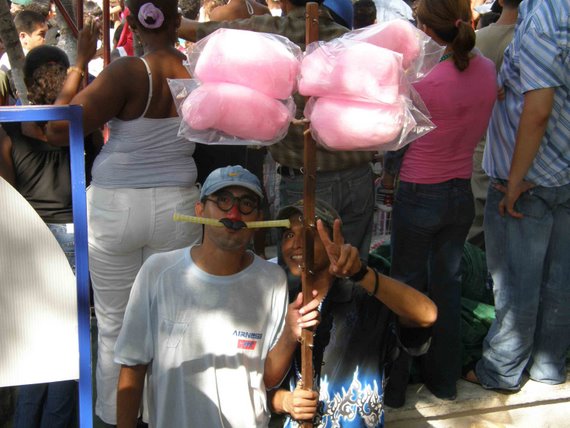
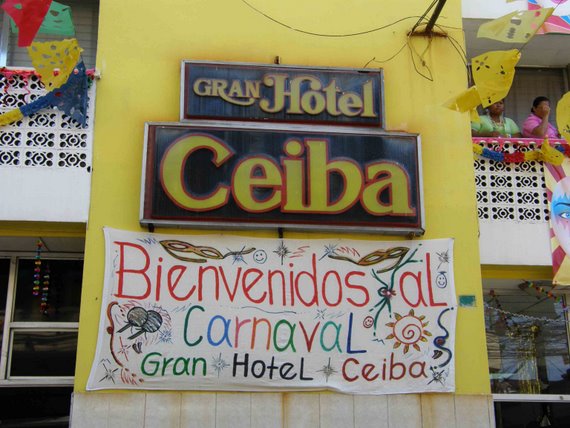
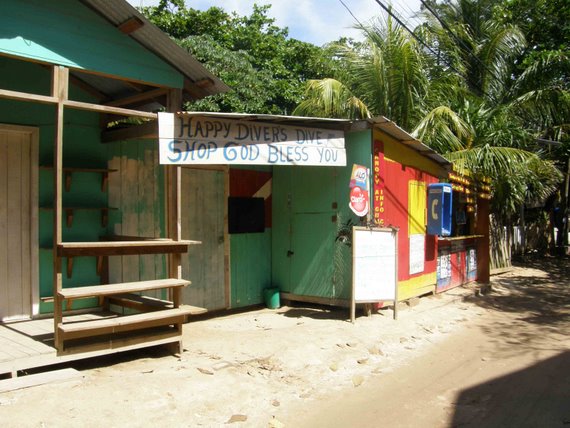
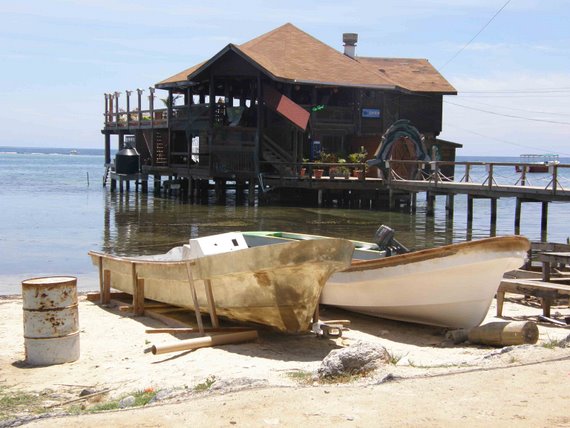
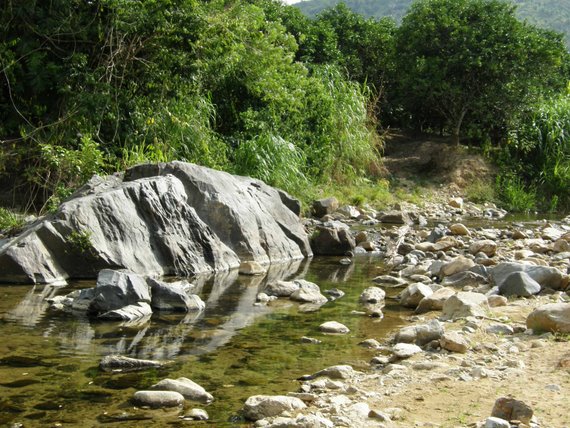

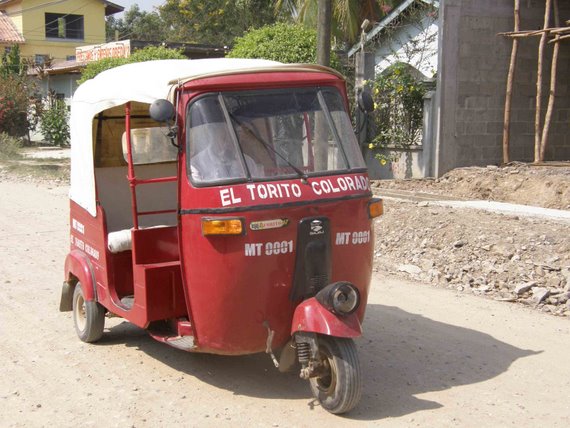
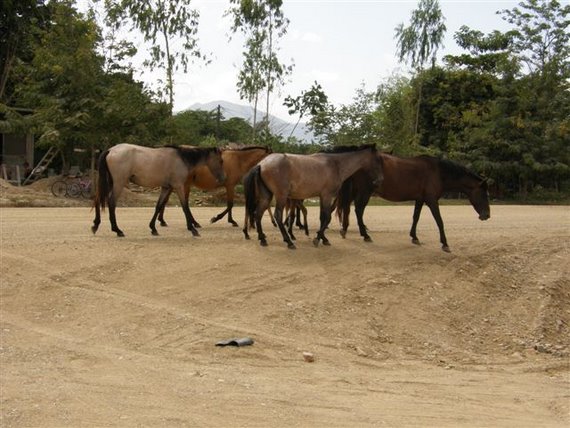
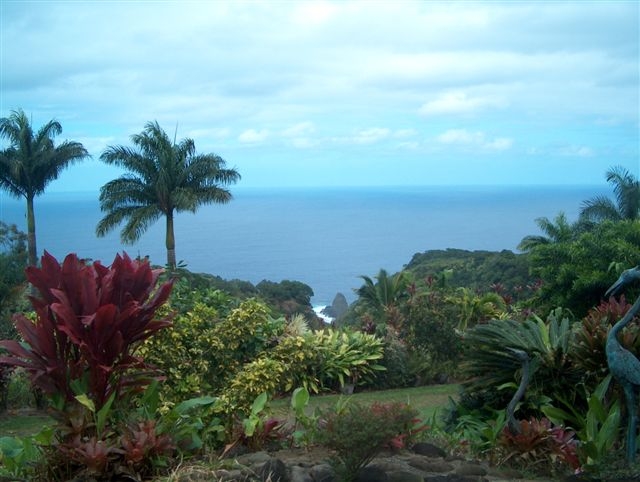
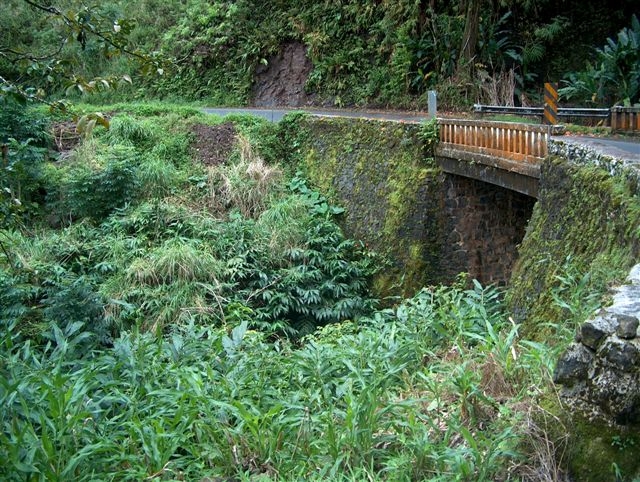
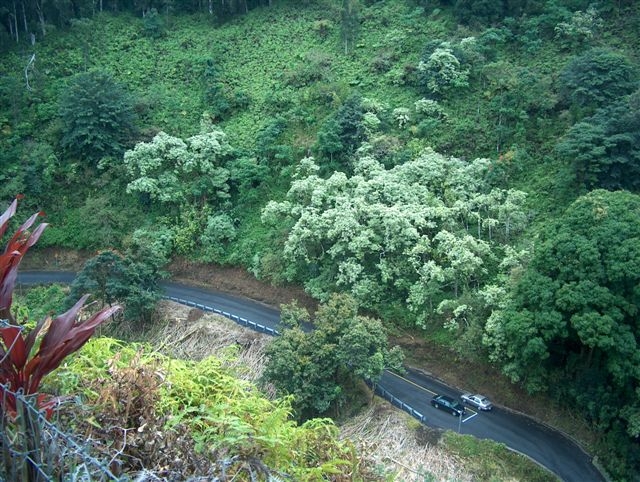
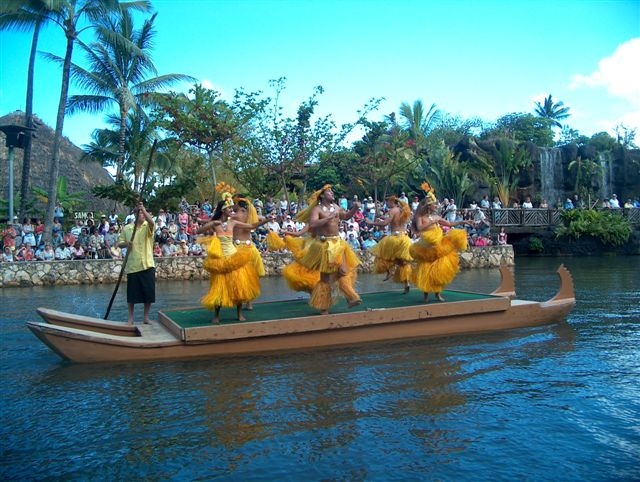
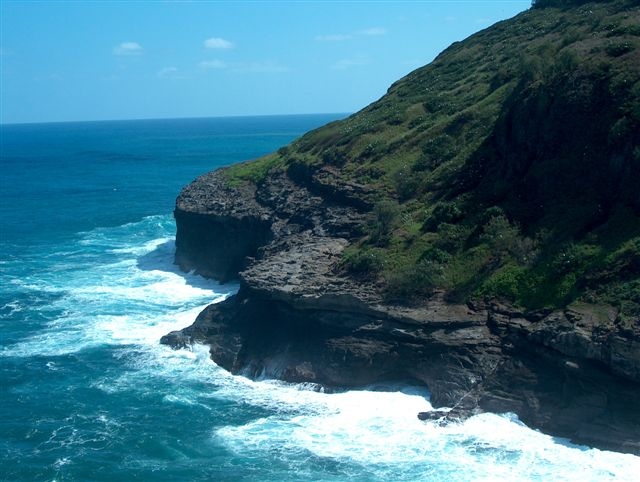
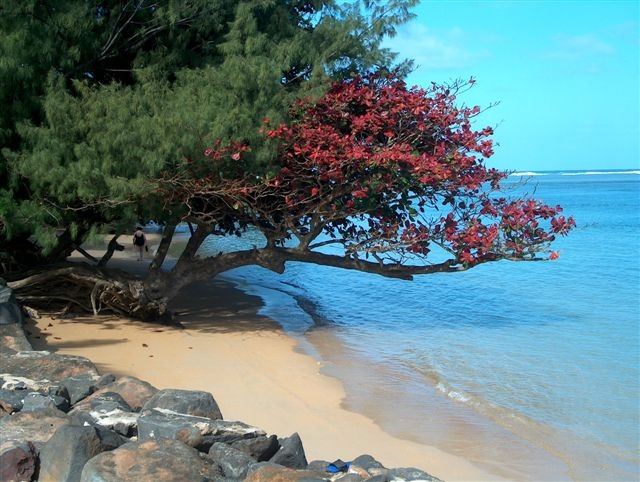
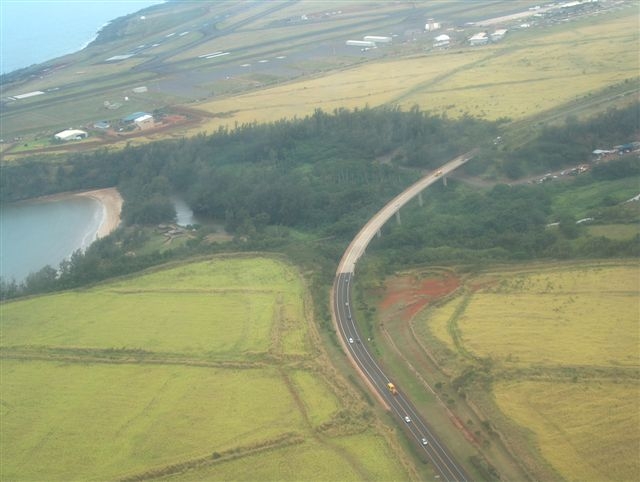
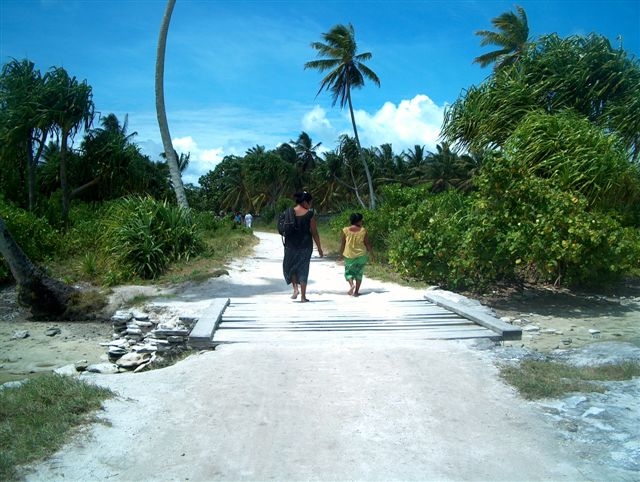
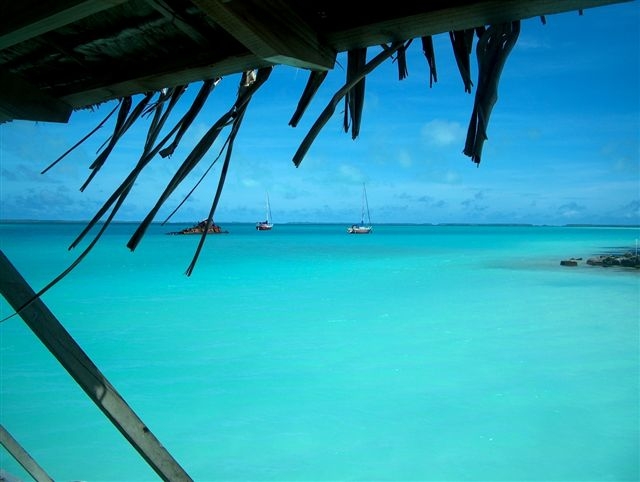
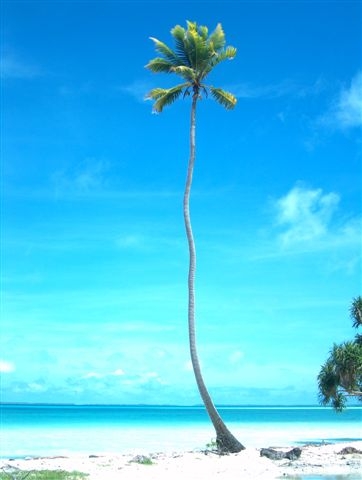
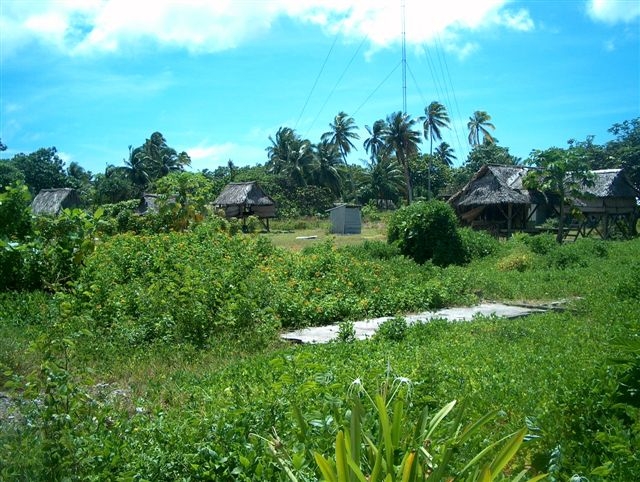
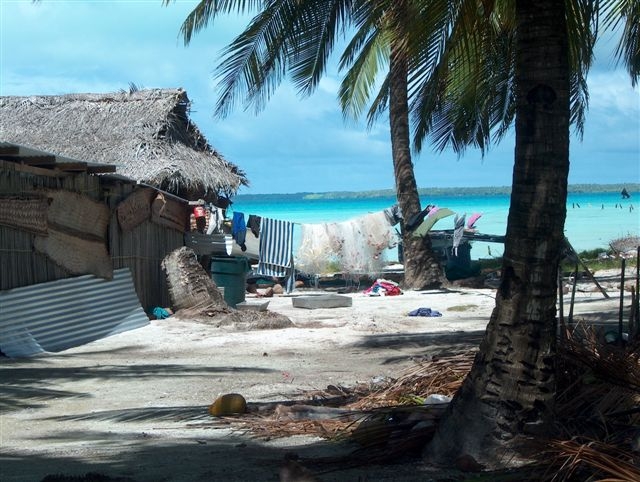
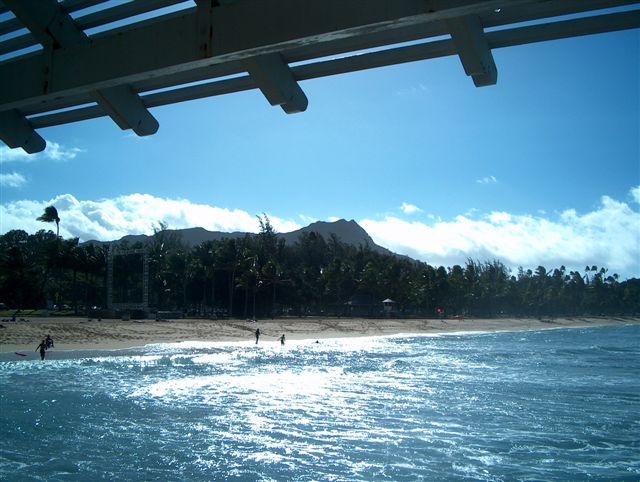
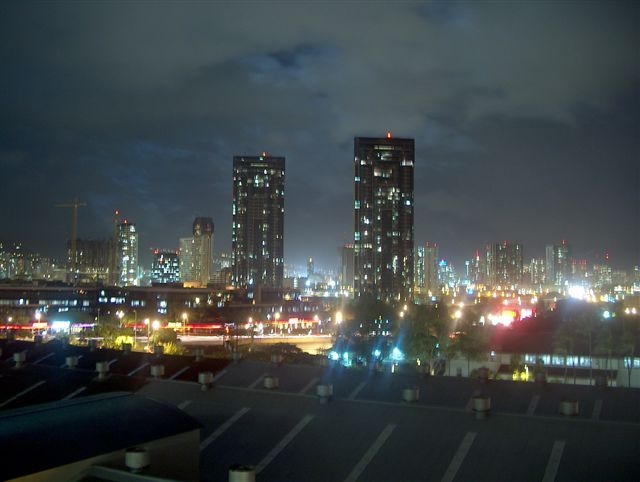
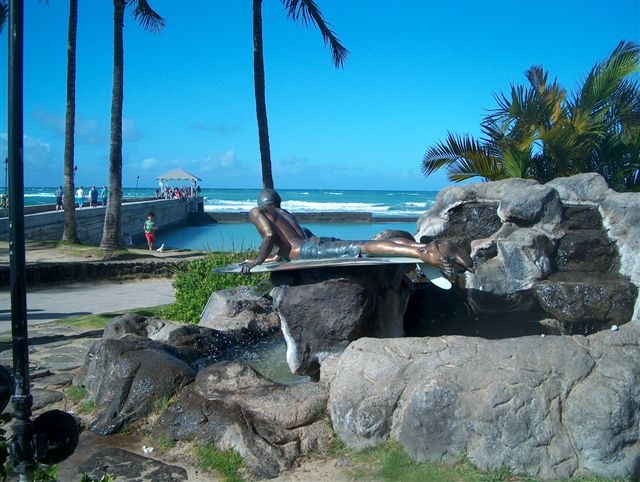
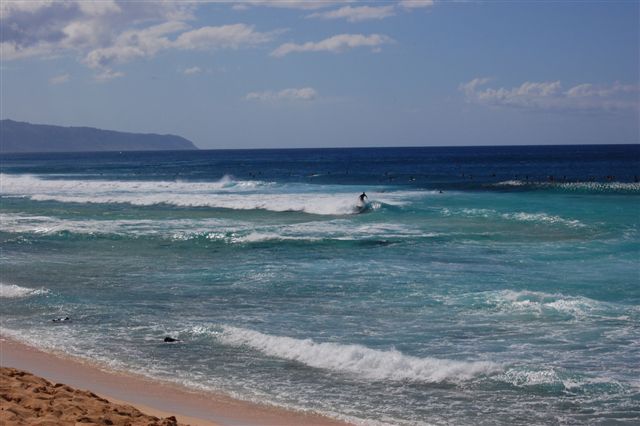
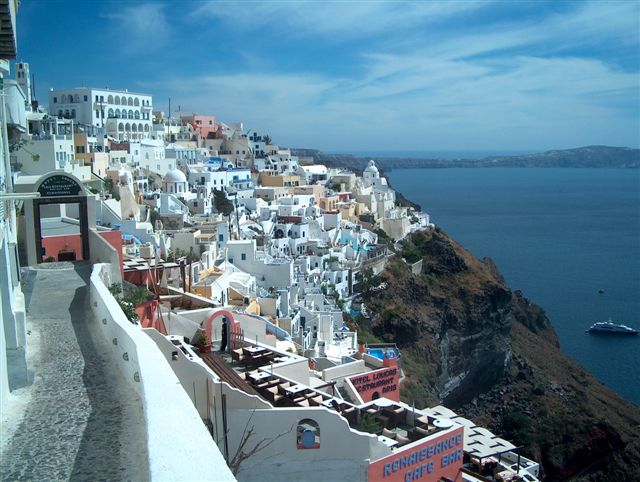
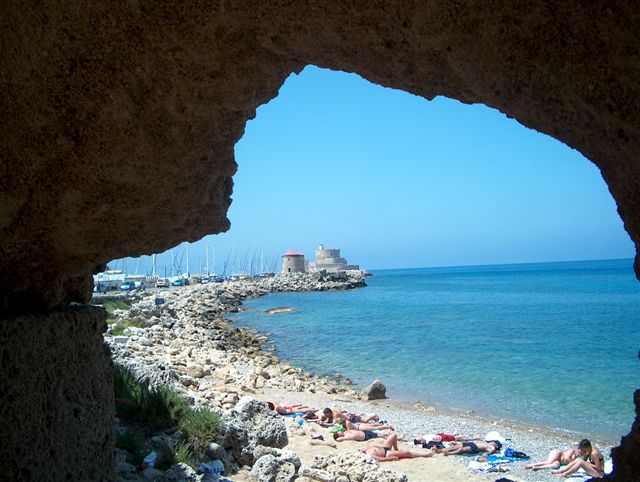
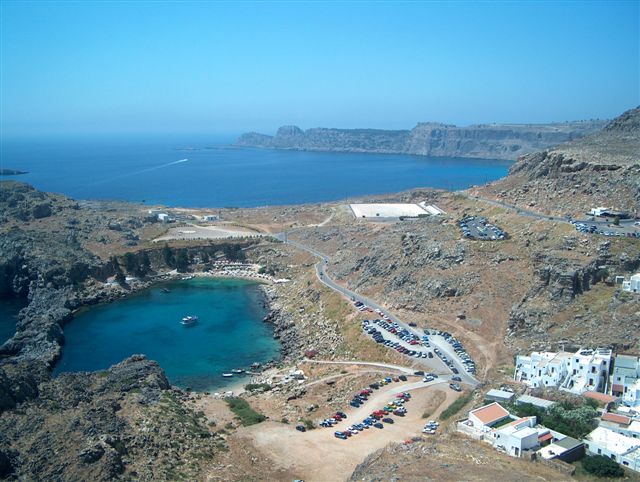
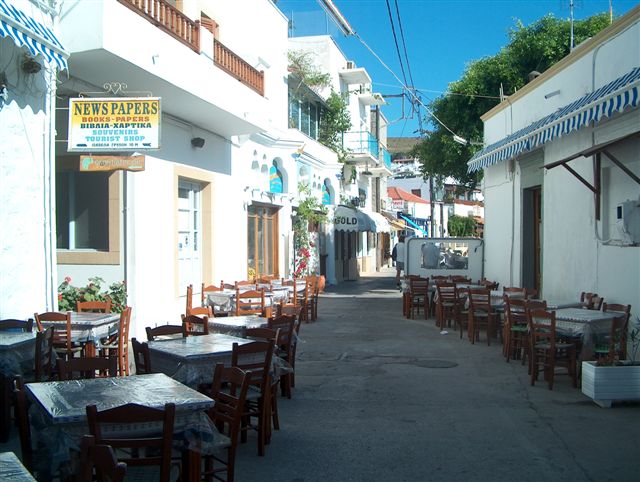
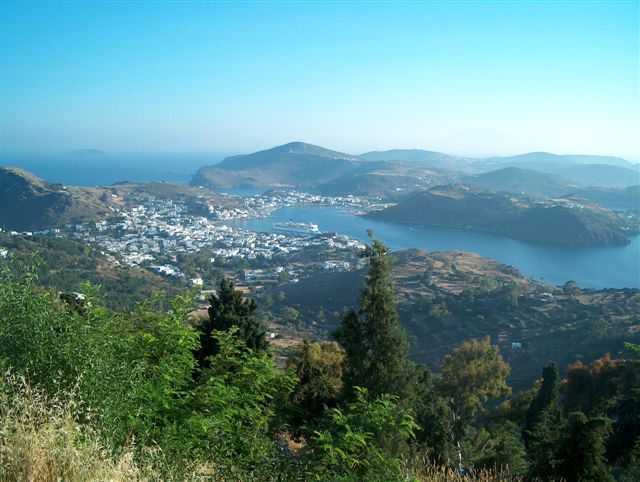
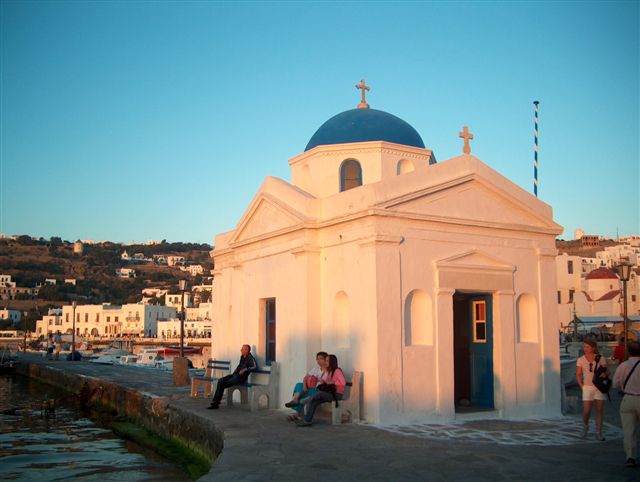
No comments:
Post a Comment